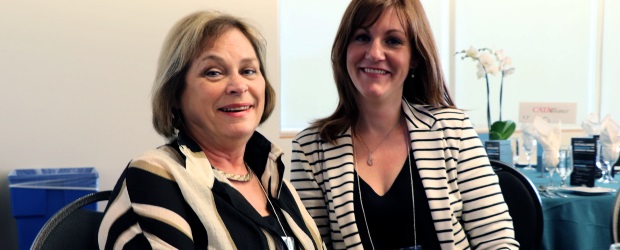When Human Resource Systems Group (HRSG) founder, president, and CEO Suzanne Simpson accepted the Canadian Advanced Technology Alliance (CATA)’s Sara Kirke award for entrepreneurship and innovation, one of the facts she was proudest to mention was that, in an industry where only around around 25 per cent of workers are women, her talent management platform development firm has achieved gender parity.
And that’s without formal programs in place.
Instead, she tells CDN, Simpson has made a practice of informal mentorship: encouraging employees to embrace new challenges, learn new skills and pursue new opportunities.
“We’ve had a number of women come through the company who are either still with the company or have gone onto greater things outside the company, but we’ve kept in touch with almost all of them,” she says. “We’re still very connected.”
The secret, she says, “is just a matter of giving people the opportunity to help themselves grow.”
Sarah Beckett is a perfect illustration of Simpson’s approach leading to success: Over 12 years she’s gone from recent graduate with a market research contract to vice president of marketing with HRSG, and without any prompting she praises the freedom she was given by the company to learn from anyone and everyone about what they did, why they did it, and how they could approach it differently.
“As the head of an organization that has grown and is transforming all the time, Suzanne has built a culture that really encourages people to learn, continually ask questions, and test new ideas,” Beckett says. “I’m probably younger than most people in my position… and it really is a credit to Suzanne and many of the other senior women in our organization who have given us those opportunities to learn and grow.”
For her part, Simpson acknowledges that her approach was at least partly born out of necessity: when she founded HRSG 29 years ago, the technology didn’t exist to bring her dream of developing a talent management suite that connects multiple silos to life, and to this day her knowledge of marketing is limited, leading to a history of improvisation, testing, and consulting experts whenever possible.
“(Beckett’s) position has evolved a lot, but credit to her for really taking the bull by the horns, learning what she needed to do her job, and moving it in the right direction,” Simpson says.
Meanwhile, HRSG alumni include director of professional services-turned-Yardstick Assessment Strategies president and COO Isabelle Gonthier; consultant-turned-Department of National Defence director of national staffing operations Barb William; and consultant-turned-executive-coach Jeff Lucier.
‘I would not have a career without mentorship.’
Cogeco Peer 1 vice president and Canada and Asia Pacific general manager Jaime Leverton, who received a CATA award from the Telfer School of Management, says she owes her career to mentorship.
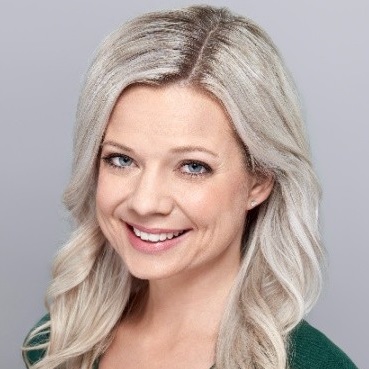
Cogeco Peer 1 vice president and Canada and Asia Pacific general manager Jaime Leverton says she owes her career to mentorship.
“I would not have a career without mentorship,” she says. “I’ve had one individual sponsor me for 16 years.”
That sponsor is AppDirect general manager Joe Mardini, who has worked in the telcommunications sector for the past 12 years, mainly with Bell, and before that spent 22 years at IBM in various executive positions, including vice-president of sales and operations.
“I don’t make a career move without calling him,” Leverton says. “There’s never been a formal relationship – I call him when I need him, and he advocates for me, and it’s incredible.”
Recognizing the benefits she’s reaped from mentorship, Leverton says she’s strived to pay it forward her entire career.
“On average I mentor between 10 and 15 young women in communications technology annually, and whenever they need me, I’m there – I am a fierce, fierce advocate,” she says. “We owe it to the next generation to provide mentorship, sponsorship, and the type of presence that gives people the chance to say ‘I see myself in you,’ especially as a woman.”
“Because there aren’t enough of us around,” she continues. “And if we’re not present and giving them that vision, they’re not even going to consider it a possibility.”
Helps keep young entrepreneurs accountable
OMX (Offset Market Exchange) founder and CEO Nicole Verkindt, who won CATA’s Peter Brojde award for Canada’s next generation executive leadership, admits she didn’t believe in formal mentorships until one was forced on her.
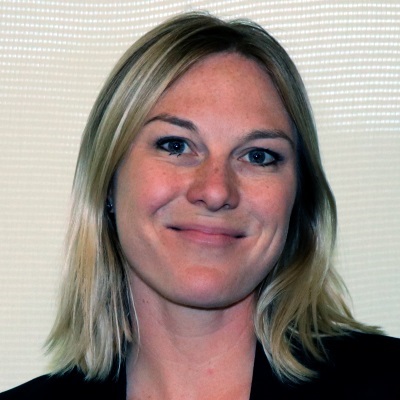
OMX founder and CEO Nicole Verkindt admits she didn’t believe in formal mentorships until one was forced on her.
“My parents were entrepreneurs. I also read so many different biographies and memoirs, and took enough pieces from all of them, that I didn’t really believe in formal mentorship,” she explains.
That changed six years ago when her company, a B2B platform that gives users access to tens of thousands of companies by region, size, classification, and capability, received funding from the Canadian Youth Business Foundation (now Futurpreneur), and one of the requirements was that she have a mentor.
“I was not happy about it,” she admits. “I went kicking and screaming to my first meeting – they made me drive 15 minutes to meet this guy – and it was one of the best things I ever did.”
Jim Latimer, who presents himself as an entrepreneurial executive with 22 years’ experience in starting and growing technology service organizations in both start-up and existing corporate environments in his LinkedIn profile, proved adept at keeping Verkindt accountable to an extent she couldn’t have managed herself.
“I think a lot of entrepreneurs, because you’re the one driving the ship, have this natural inclination to ensure everyone around you is accountable, but not necessarily yourself,” she says. “[With Latimer] every time we met he gave me five or six practical things that I had to do before the next meeting, and it really, really helped me.”
Reap the benefits at any age
Accenture Canada managing director of artificial intelligence Jodie Wallis, who gave a keynote at CATA’s 33rd annual Innovation and Leadership Awards, says that she differentiates between sponsorship – support of current and former colleagues when asked – which she considers part of her job, and mentor/mentee relationships, which she considers more personal and informal.
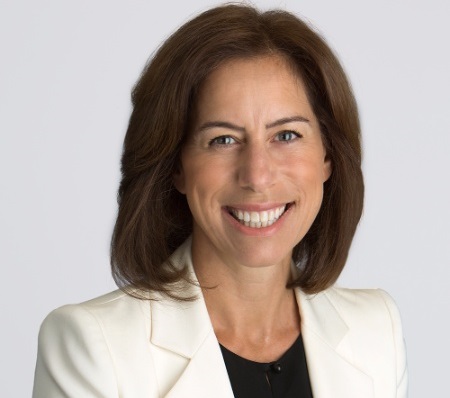
Accenture Canada managing director of artificial intelligence Jodie Wallis has recently become involved in a program for mentoring senior women.
That opinion has most recently been reinforced by her work with an Accenture program for mentoring senior women, she says.
“I myself have been a mentor and been a mentee, and… I think the best mentor/mentee relationships are those where there’s a personal connection,” Wallis says. “[My current mentee] is someone who joined Accenture in the last couple of years and was looking for guidance from someone who had been there for a long time, but – other than the fact that she hasn’t been at Accenture for very long – we have very similar backgrounds and experiences… we’re both in technology practices, we’ve both been in the workforce for a similar number of years, we’ve both been in roles where there aren’t as many women as men, and we’ve both been in situations where we’ve been asked to start up new businesses within a large corporation.”
“I thought it would be a bit challenging,” she continues. “But it’s actually not. If you have a personal connection, if you put your cards on the table, if you set clear objectives, it can be incredibly rewarding on both sides of the house.”
Teaches the mentors as much as the mentees
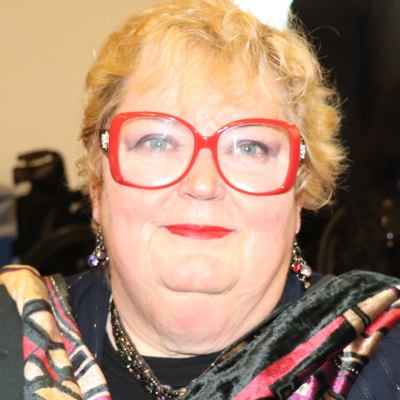
Crisis Services Canada Inc. CTO Roberta Fox believes mentees have as much to teach mentors as vice versa.
Crisis Services Canada Inc. CTO Roberta Fox, who won the Wilfrid Laurier University public sector leadership award in advanced technology, didn’t have a specific mentorship story to share, but she said she’s been proud to mentor both women and men over the course of her 40 years in the technology industry, and we’d be remiss to not share her wisdom.
“It’s easy to forget, but mentorship is a two-way street,” she says. “I expect the younger people I’m mentoring to teach me about their practices and keep me in the loop, just as they expect me to help them navigate when they need help through my network. I really think it’s an important habit for all Canadians to develop.”
CDN is looking for nominations for its women mentor of the year award at the CDN Women in the IT Channel luncheon coming up this summer. If you would like to nominate a great female mentor in your life, please fill out the application form here.


